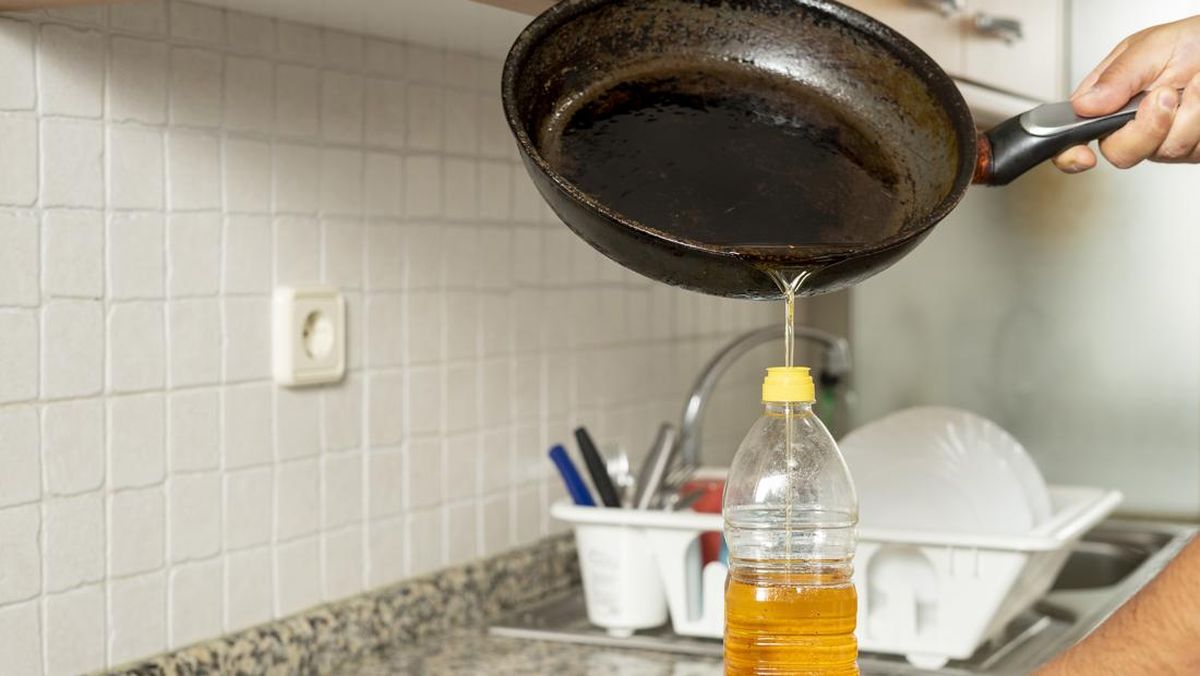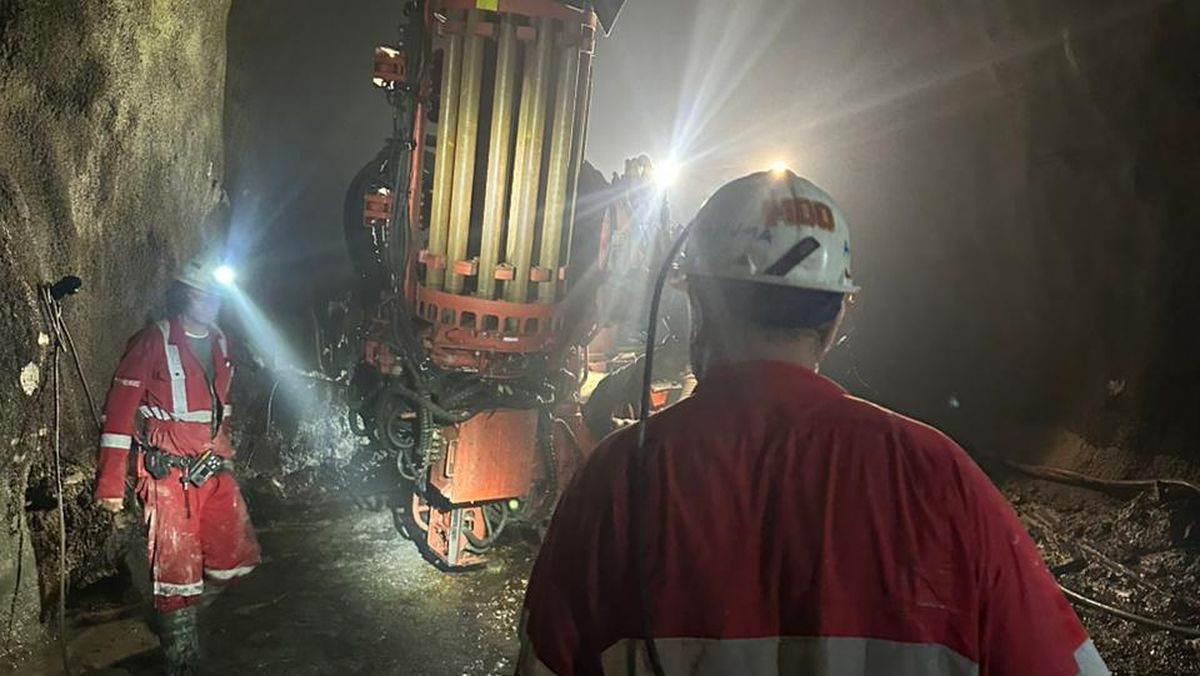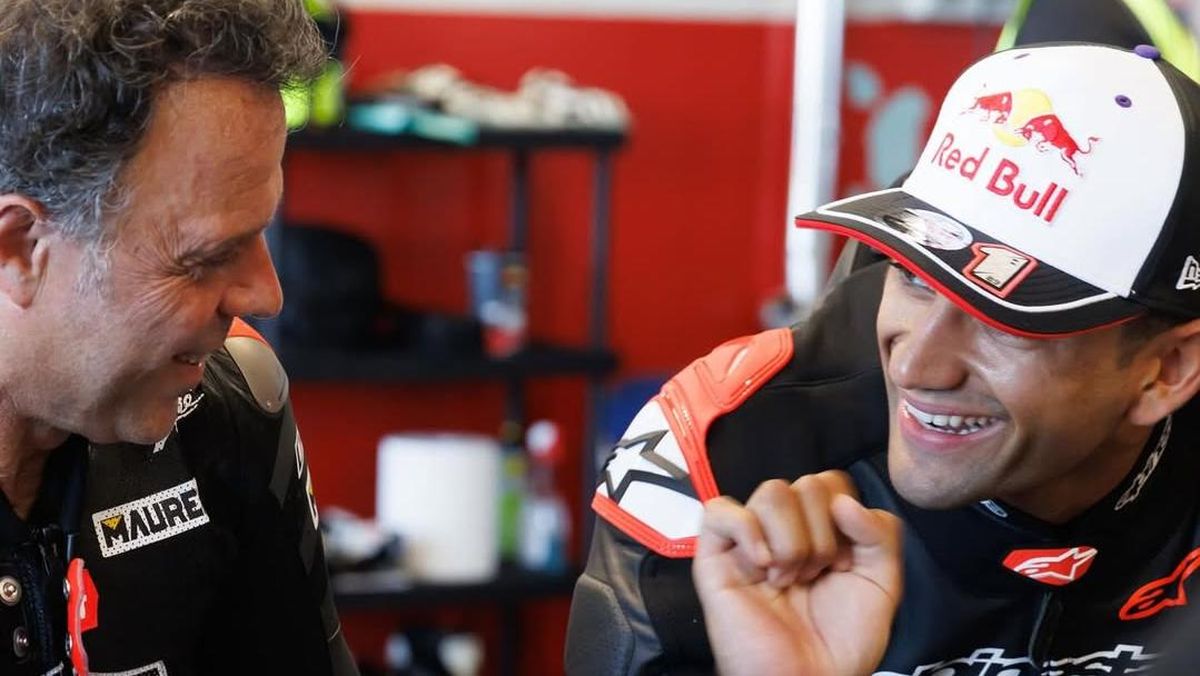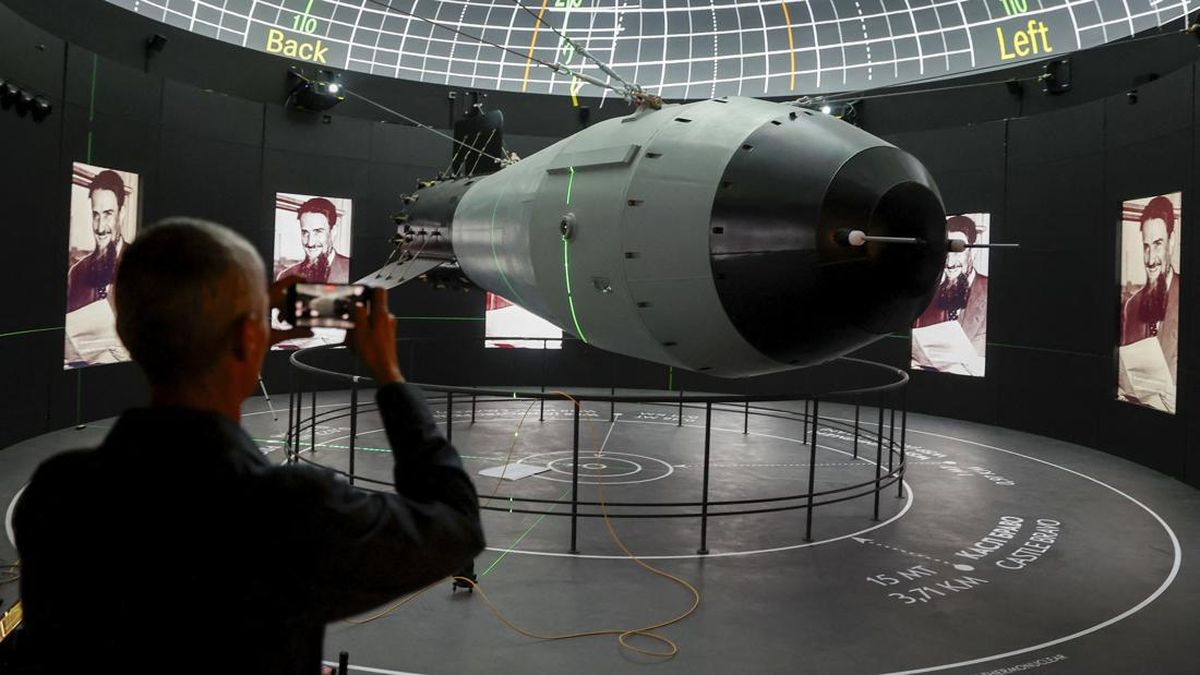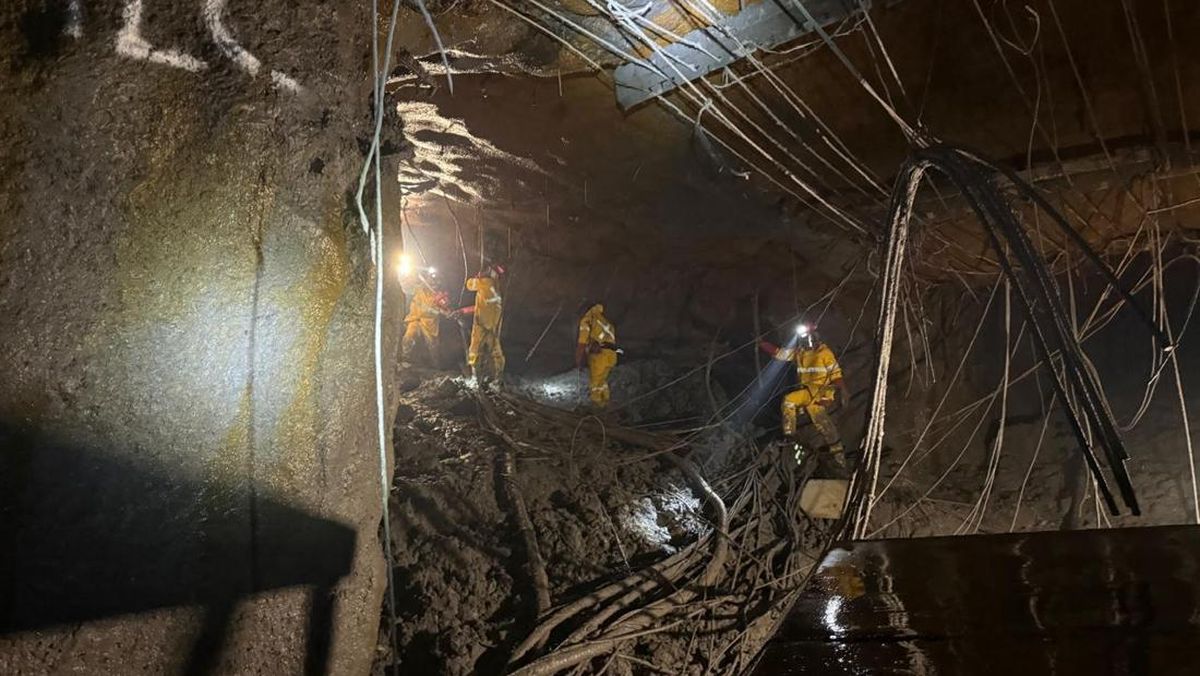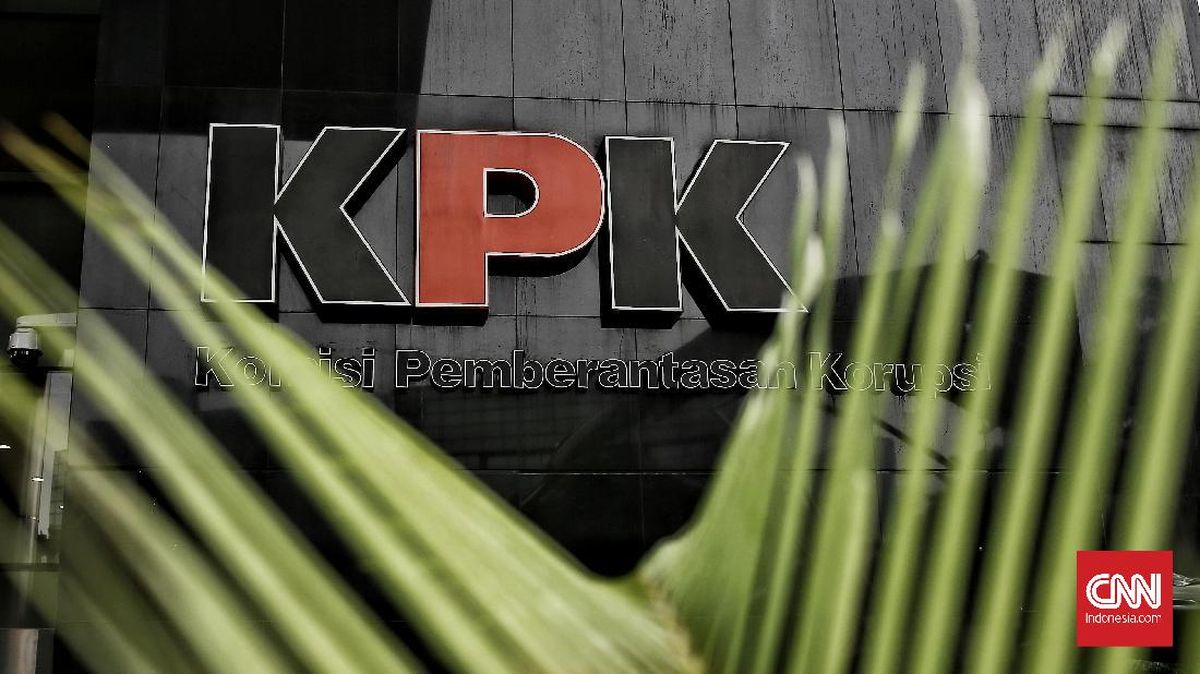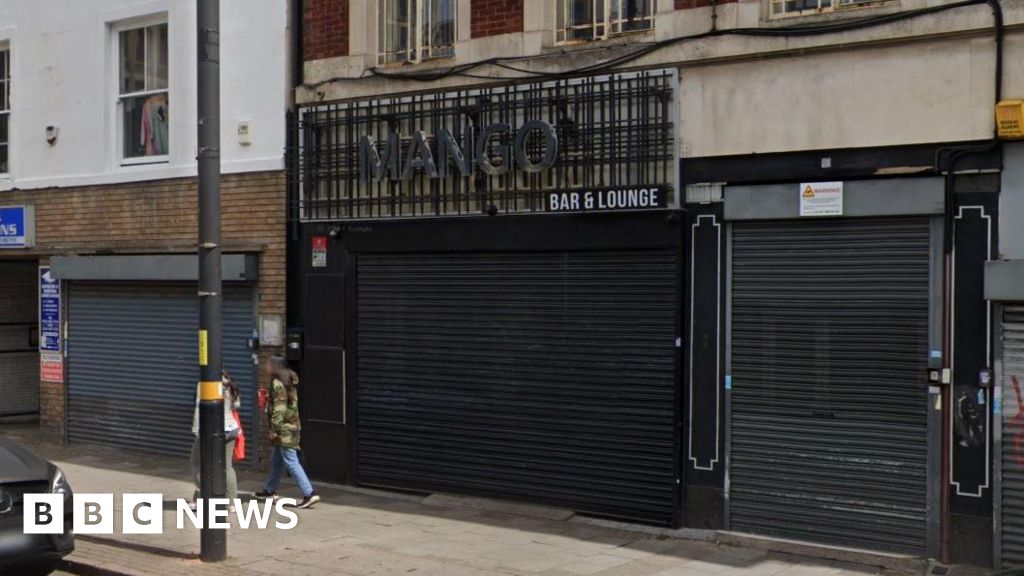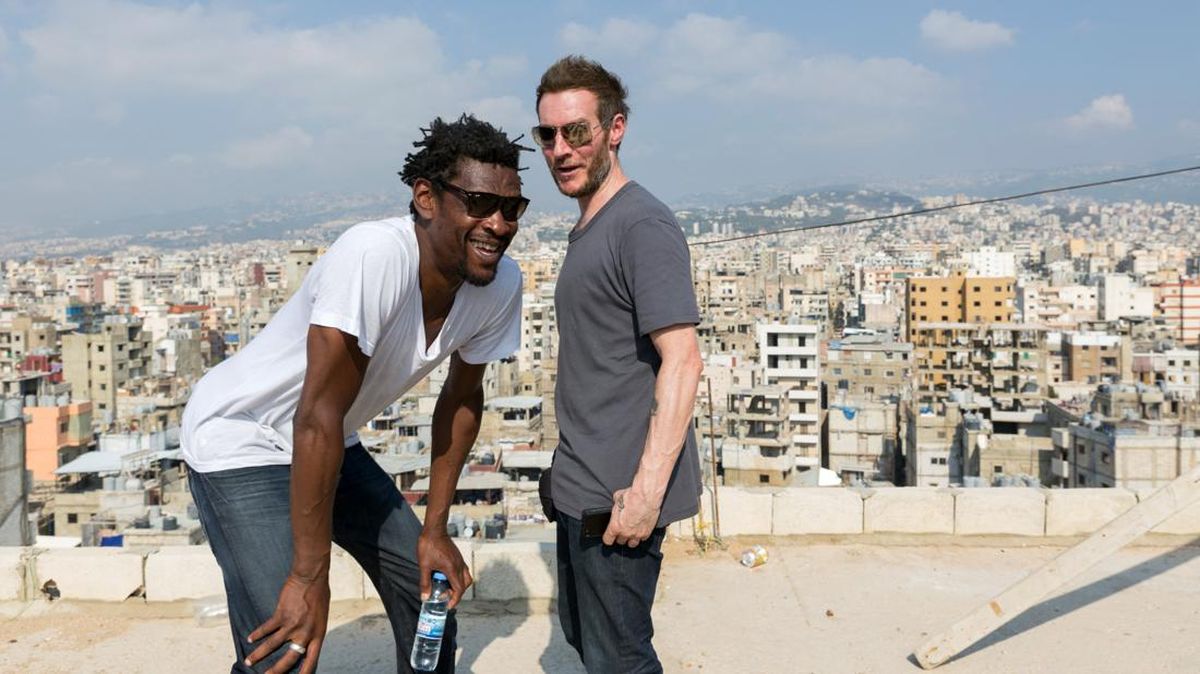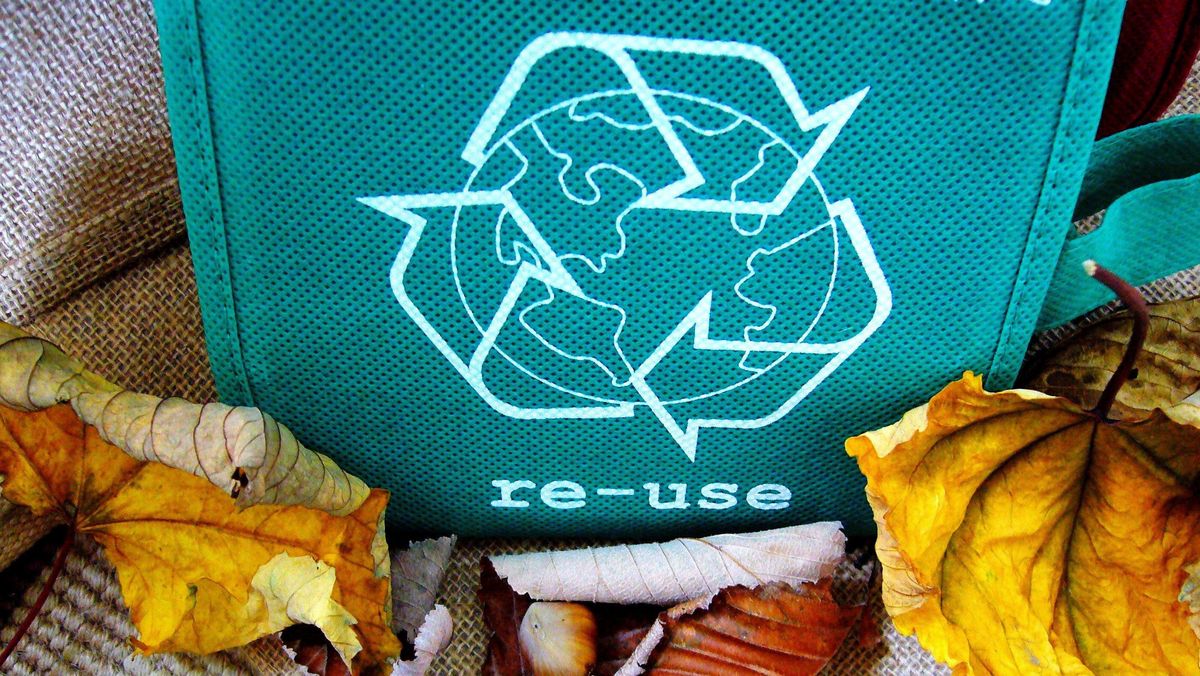A property developer’s push to allow the return of cars to drive through an established pop-up park and alfresco eating strip in Melbourne’s biggest suburb has ignited controversy, prompting the non-profit group that founded the park to walk away in protest and spurring a call to action in Canberra.
A section of Murnong Street in Point Cook, in Melbourne’s outer west, has been car-free since 2018, and the restaurant strip hosts public events that attract tens of thousands of people a year.

The Point Cook pop-up park has been in place since 2018, but could be reopened to cars.Credit: David Mullins
But Stockland, which developed the Point Cook town centre, has indicated it wants to reopen the strip to traffic, citing waning public engagement.
Wyndham City Council, which owns the road, says it is weighing up the street’s future and has launched community consultation.
Wyndham councillor Susan McIntyre, who was instrumental in establishing the pop-up park, said the pedestrian precinct had given Point Cook a point of difference.
“I know so many people that will say, ‘That’s why I decided to live here because it just feels like it’s a little bit extra’,” McIntyre said.
“A lot of newer greenfield areas, you could be anywhere. They can all look and feel the same, particularly shopping centres, it can be quite a cookie-cutter approach.”
McIntyre said she was surprised that Stockland would want to reopen the street to vehicle traffic.
“I would say more and more we’re moving to more pedestrianised town centres because cars don’t spend money, it’s people.”
The precinct received a $200,000 state government grant less than three years ago, and Stockland also chipped in significant funding.
But Stockland said public interest in the park had dwindled over time, and reopening the road would improve conditions for traders.
“As is the nature of temporary activations, after eight years, the community and customers are no longer engaging with the space with minimal everyday use and participation in special events [is] declining,” a company spokesperson said.
“A decision by council to reinstate the road would improve trading conditions for local small businesses and still enable temporary activations of the road.”
Loading
The Age spent an hour at the pop-up park on a cool but sunny afternoon this week, speaking with passersby and restaurant owners. Mostly empty at first, the park’s brightly coloured seats and tables soon filled with workers eating lunch and gaggles of senior secondary students.
Most expressed a preference for keeping the street in its current form.
“I love it, I come here and sit for lunch every day when the sun is out,” said Bianca Schache, a worker who took a seat to eat her reheated lunch.
Ashok Bibra said the pop-up park “brought the vibe into the area”, and that reopening the road “would be a disaster”.
“Point Cook is a multicultural place and this is the heart of Point Cook, so I would suggest to whoever is making this decision, they’re going to kill this multiculturalism,” Bibra said.
Andy Wildey, who described himself as “probably the only middle-aged white guy in Point Cook”, said the precinct had succeeded in knitting together people from many ethnic backgrounds.
“It just makes a community. I can imagine it would just fill up with Uber drivers doing pick-ups and drop-offs and just being a horrible, very busy little bit of road,” he said of the proposed reopening.
A restaurateur who didn’t want to be named for fear of backlash disagreed, saying the pop-up park was usually empty in cooler weather and did not bring in customers. If anything, it cost them trade because it prevented passing motorists from driving past, the restaurateur argued.
Resident Josip Kutlesa also said the street would be more useful if reopened to cars, as it would alleviate traffic congestion.
“This is not used enough. I don’t see the purpose of it being closed,” he said.
Loading
The pop-up park was piloted in 2018, inspired by the successful pedestrianisation of Ballarat Street in Yarraville, and was originally designed as a temporary move, but was maintained as public open space during the COVID years.
Events at the Point Cook park have been managed by CoLocal since 2018, but the not-for-profit group has chosen to step away.
CoLocal founder Sara Mitchell said Stockland’s statement that the precinct is minimally used was “incredibly disingenuous”.
“It’s the polar opposite to what we know from what we’re measuring and on our lived experience,” Mitchell said.
According to CoLocal, the SpringFest and Kaleidoscope major events at the park together drew between 37,000 and 39,000 visitors.

Diwali celebrations attracted large crowds at the pop-up park last year.Credit: David Mullins
CoLocal found an ally in federal parliament this week, when Labor MP Tim Watts, whose seat of Gellibrand covers most of Point Cook, urged locals to speak up.
“Stockland has indicated its preference to wind up the park and reopen the road it currently occupies. As a community, we can help ensure this doesn’t happen,” Watts told parliament.
Local governments are increasingly interested in finding ways to reclaim public space from cars, often by building temporary pop-up parks that evolve into permanent spaces, said Professor Kim Dovey, chair of architecture and urban design at the University of Melbourne.
Loading
As Melbourne becomes denser and apartment living increases, it will become critical to create new open spaces in established suburbs, including by reclaiming road space, Dovey said.
“There’s huge amounts of our public street network that cars can go around, and then as we get better at weaning ourselves off car dependency, lots of that space can come back into public use,” he said.
“There’s a lot of hidden value in good public spaces. And so if Point Cook does not have other spaces like this, that’s a pretty strong argument in my mind, for putting the resources in to keep it and to figure out how it works.
“And if it’s not working, [work out] how to make it work better, but certainly not just give it back to cars because someone wants to avoid a traffic jam.”
Start the day with a summary of the day’s most important and interesting stories, analysis and insights. Sign up for our Morning Edition newsletter.
Most Viewed in National
Loading






